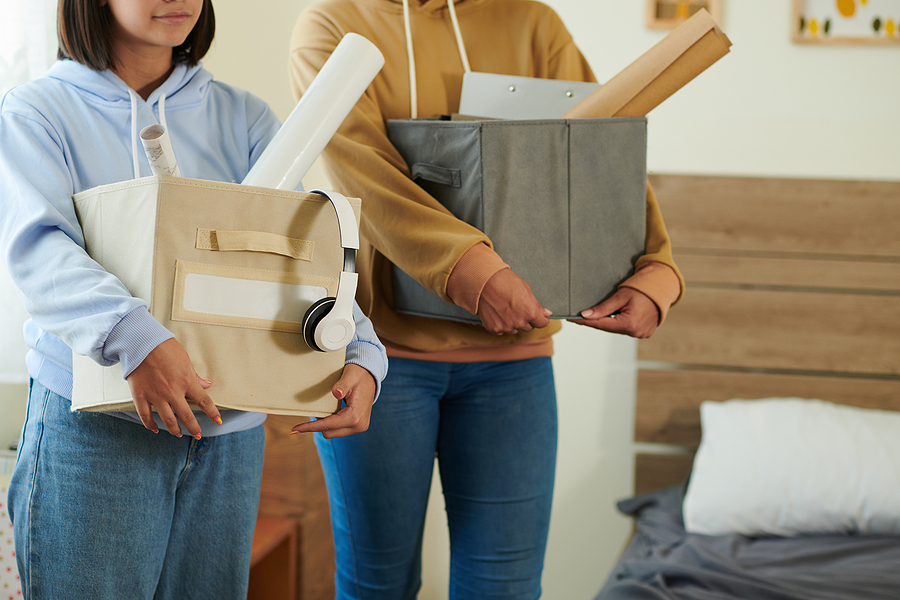Tips to Protect Your Privacy During a Move
- January 12, 2023
- Moving
- Comments Off on Tips to Protect Your Privacy During a Move
While this may sound like an obvious step, protecting yourself and your belongings during a move isn’t as simple as it seems. In fact, there are many ways that criminals could access your information or steal your items while they’re in transit. Choosing a reliable moving company and following a few key tips will help ensure your privacy is protected as you make your way to your new location.
Get informed about your movers.
If you’re moving and using a new company, it’s important to ask for references and even a list of previous clients. You can also check the business’s BBB rating or Google reviews to see how other customers have rated them in the past. If they are licensed, bonded, and insured, that’s a good sign that they’re legitimate and follow all best practices for handling your items with privacy in mind during the move.
Ask if your belongings will be stored in a secure location during transit.
Ensure that your belongings will be stored in a secure location. Many customers opt to have their belongings moved by professional movers instead of shipping them themselves because they’re concerned about theft or damage occurring while their belongings are on display. Be sure if choosing this route, that you ask whether or not your stuff will be protected while being transported.
Keep in mind that a mover needs access to your home for a reason: They need to bring their truck, pack and label boxes (in case there’s more than one person doing this work), load them onto the truck and drive away with them.
Make sure all service providers are notified of your move date and new address.
Before you move, make sure all service providers you use have your new contact information. This includes any company that provides cable TV, Internet and phone services, as well as the postal service. It’s also a good idea to update the address on your credit card statements so those bills don’t get sent to your old apartment. If you’re moving for work, contact your employer about any services they provide for employees who relocate.
Donate, recycle or dispose of items that may compromise your privacy and security.
Donate items that you no longer need, such as clothes, furniture, and appliances, and be sure to recycle items that can be reused, such as scrap metal and plastic bottles. You should also dispose of items that are no longer useful, like old newspapers and magazines. If you have bills, paperwork, and other sensitive documents to toss, these should be taken to an authorized shredding facility.
Moving can be one of the most stressful experiences in life. One thing to keep in mind is that whether you’re moving locally or across the country, you need to take extra precautions to make sure no one steals your identity or breaks into your home while you’re away. This means being careful with what information you share with movers and other service providers, as well as taking steps like getting copies of insurance policies and licenses before hiring them for your move.




